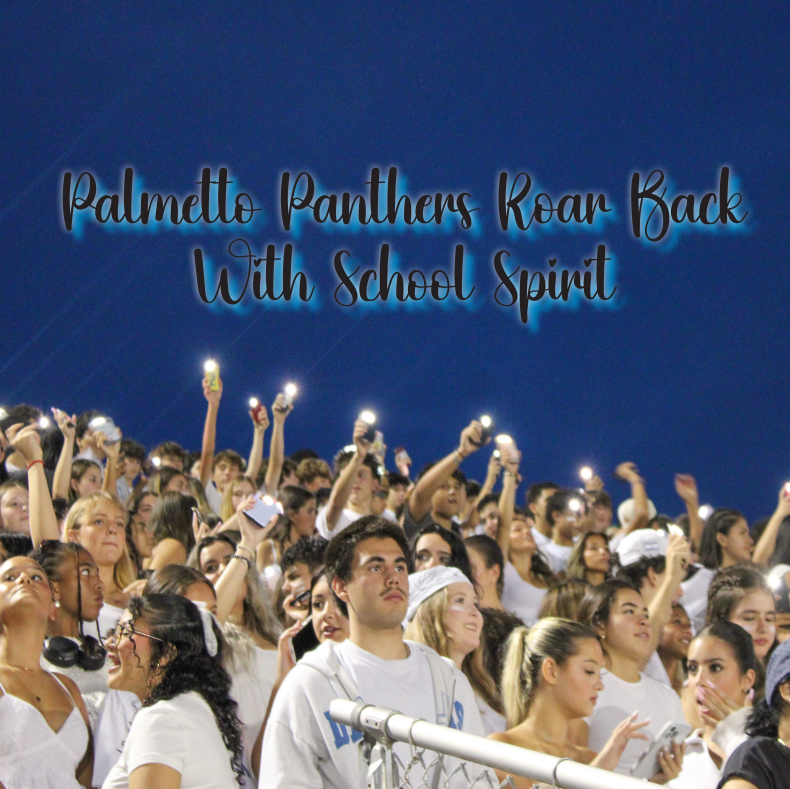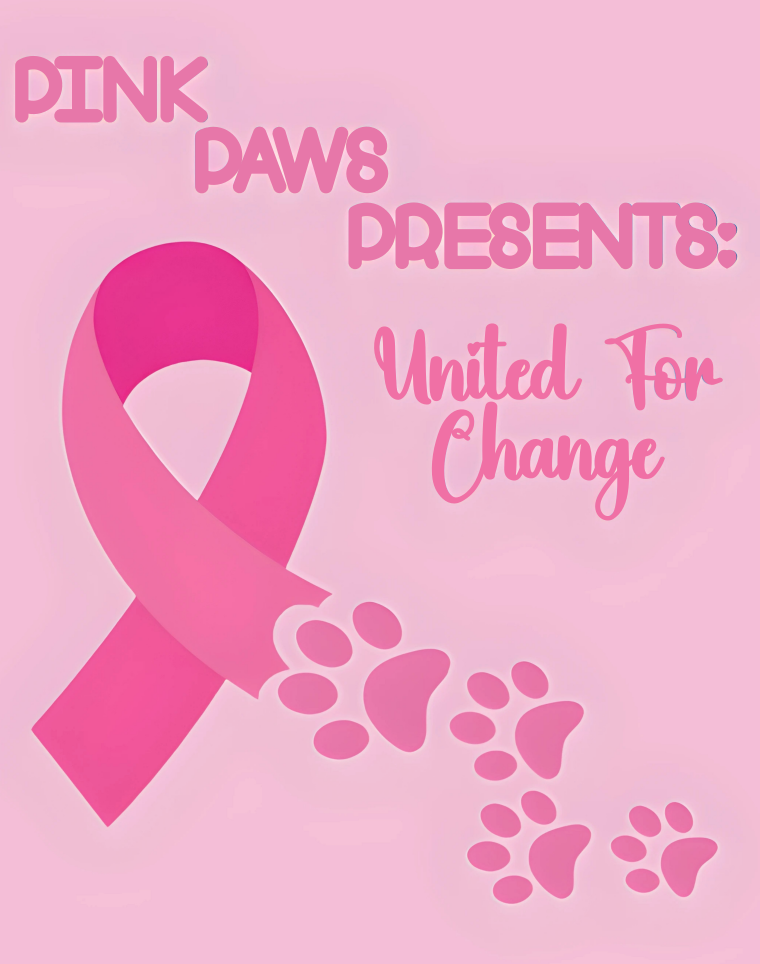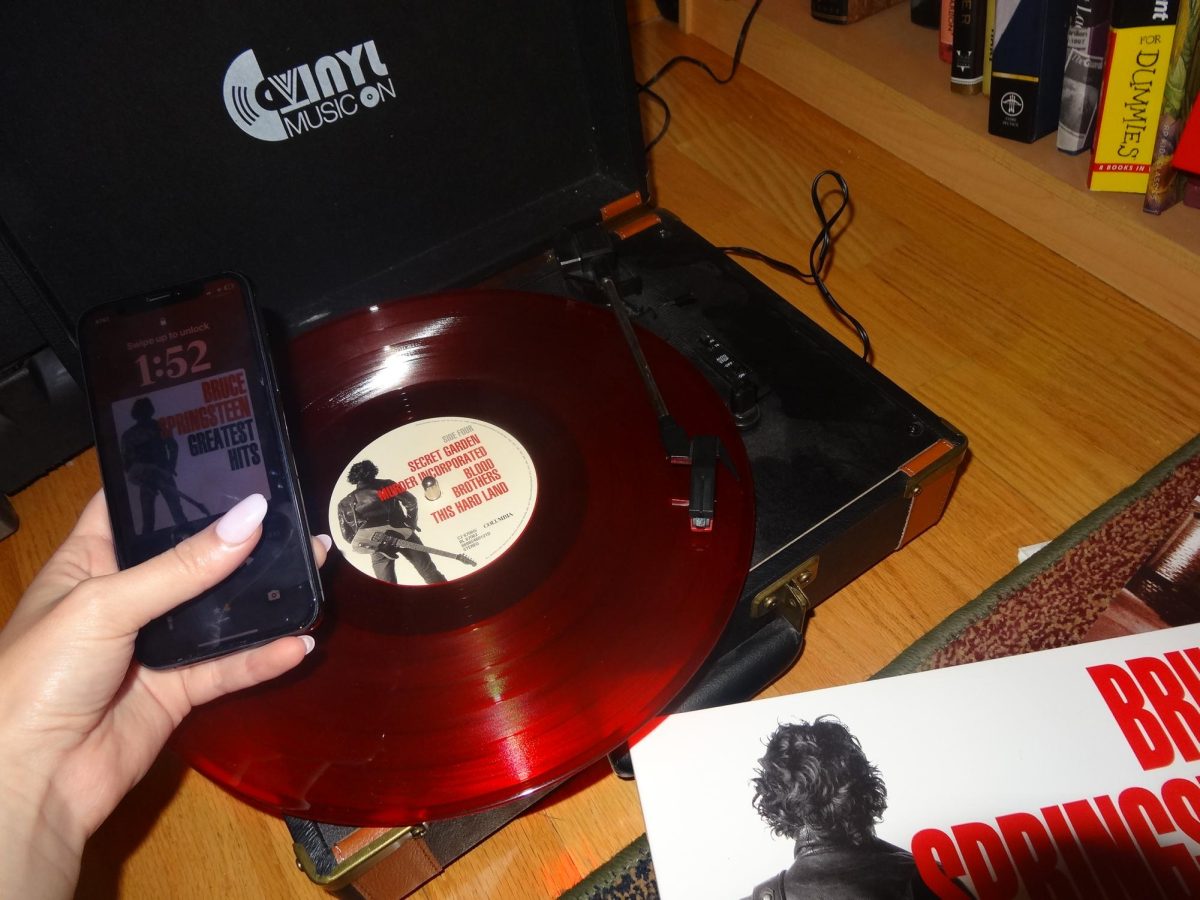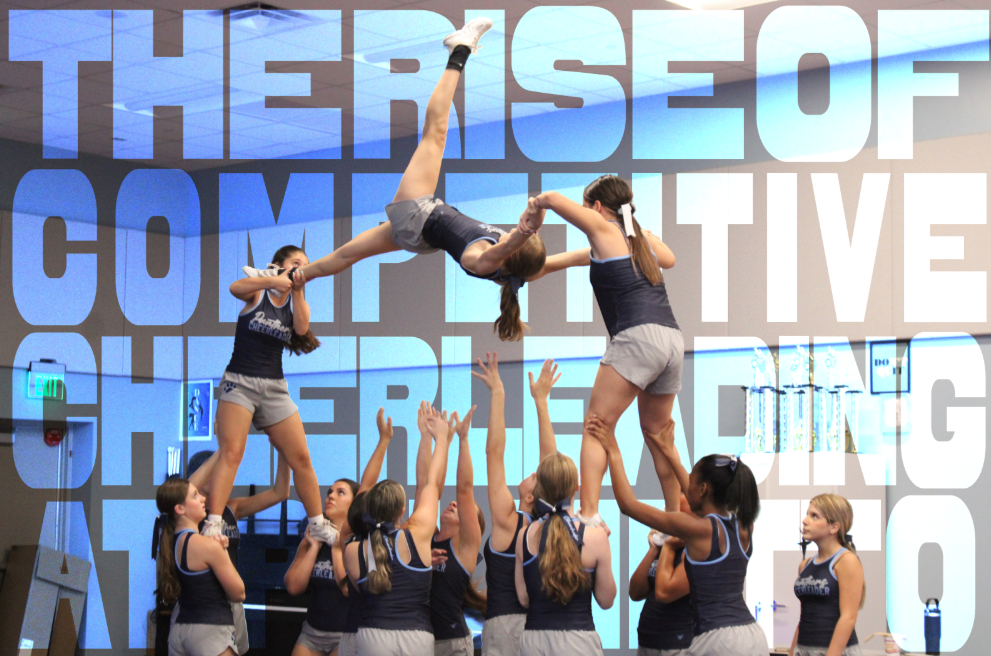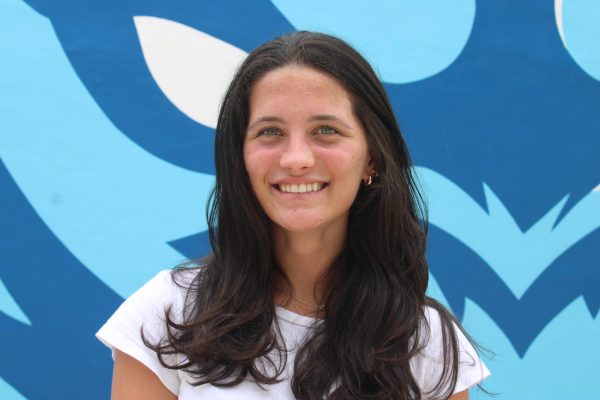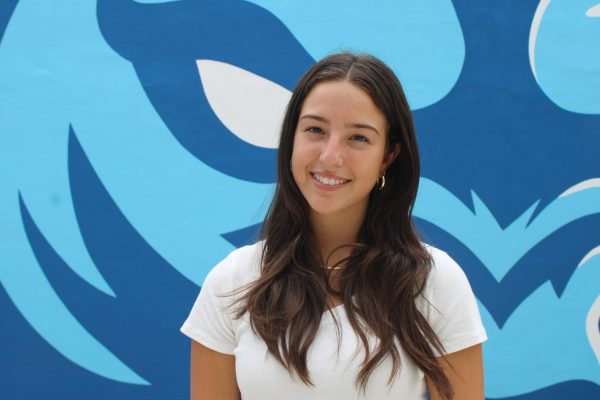From Feb.1-Feb.2, Miami was home to a basketball team of 26 Israeli boys ages 12-15, along with their coaches. Many of the teens may have had the pleasure of living on the beautiful beaches of Tel Aviv or Eilat, however, it was their first time strutting down the streets of the 305. From experiencing American Judaism to meeting and playing with basketball pros, Israel’s teenage league of basketball players was able to have a fun-filled time away from stress back home.
Since the Oct. 7 attacks by Hamas throughout towns in Israel, this band of boys has not been able to reconvene at their regularly scheduled basketball practices. While it may be strange that these teens made their way to Miami in pursuit of the sport, it was all the work of an organization called Project 24. This project’s primary goal is to connect displaced 24 kibbutzim communities around the war-stricken Gaza envelope with Jewish congregations elsewhere.
“…They find out the needs of the families who were involved in the attacks, and they try to fulfill them. So, one of the needs was for this basketball team to come together because they were all spread out through Israel. And, what we did was we said, ‘Yes, we’ll take on the challenge to bring you to Miami and find host families and lots of activities for you to do as a form of respite,’” Greater Miami Jewish Federation Director Lori Tabachnikoff said.
Some of these teammates have been playing together for up to six years, and due to the war, have not been able to play together for nearly four months. A coach in each area has been responsible for bringing a small portion of the boys together to practice, but they have not been able to bring the entire team together.
Life on the kibbutz is much different than in Miami. A kibbutz is a unique type of community; all income produced by the kibbutz and its members goes into a common pool. Despite one’s job or position, each family has the same income. Today, kibbutzim are changing, such as keeping their own income, but they still value communal life. Many members will, instead, work close to the kibbutz rather than for the kibbutz. A more modern version of a kibbutz is called a Moshav, a cooperative agricultural community. Similar to a kibbutz, members agree on decisions regarding the usage of land, business, culture and infrastructure, and they celebrate holidays and events together. Up to 1000 people can live in one community, and all of the kids brought down to Miami on this program live in one of these communities.
“I love Miami. Miami is so nice. [My favorite part of the trip is] how do you say… where we are?… the Pinecrest area. I like Pinecrest. There’s a lot of beautiful houses here and a lot of good people. It’s a very nice place,” teen Israeli Basketball Team player Shaked Plachinski said. “[More recently, I have not been worried about the war living on the Moshav]; our Moshav is very safe right now in Israel. It’s okay to live.”
Many of the Moshavs and kibbutzim are located right near the Gaza border. Although this was one of the most dangerous places to be at the start of the war, the communities have rearranged and made it safe to live in. Currently, there is not much ongoing violence in Israel, mostly in Gaza. Additionally, throughout the country, especially in these areas near the Gaza border, there are emergency safe shelters. If an air raid siren warning of a rocket attack blares, people have about 60 seconds to find shelter in the nearest emergency safe room. This is not something new to Israel; this has been around since 1951, so citizens living there are accustomed to this.
Traveling 6,621 miles away from home, these boys had an enriching experience while visiting America.
“We got 16 host families and they went to the Heat game. They went to things like vertical, the paradoxical jam, all the malls, and they just had like a week where they didn’t have to think about, you know, living under stress,” Tabachnikoff said.
While visiting the Pinecrest area, their time here kicked off with a Sunday feast, featuring a local magician as well as inspirational talks with former National Basketball Association player Shane Battier. They also got to interact with other Jewish communities across the city, playing games against Jewish schools such as Posnack and Hillel School in Broward County, and ending their evening sitting in on Temple Beth Am’s Bafty program on Monday night.
To many of the hosts and boys alike, the memories and lessons learned during this cultural exchange have been momentous to both parties.
“They really brought so much to our family for three days that you can’t even explain the impression that they left with us. We just really wanted to do something hands-on,” hostess Beth Lazar said. “There’s something really great about doing something hands-on. Not that financial contributions are not great and needed, but when you could do something hands-on, you just get so much more satisfaction from it. And, it was just a gift for our families to be able to do this.”



